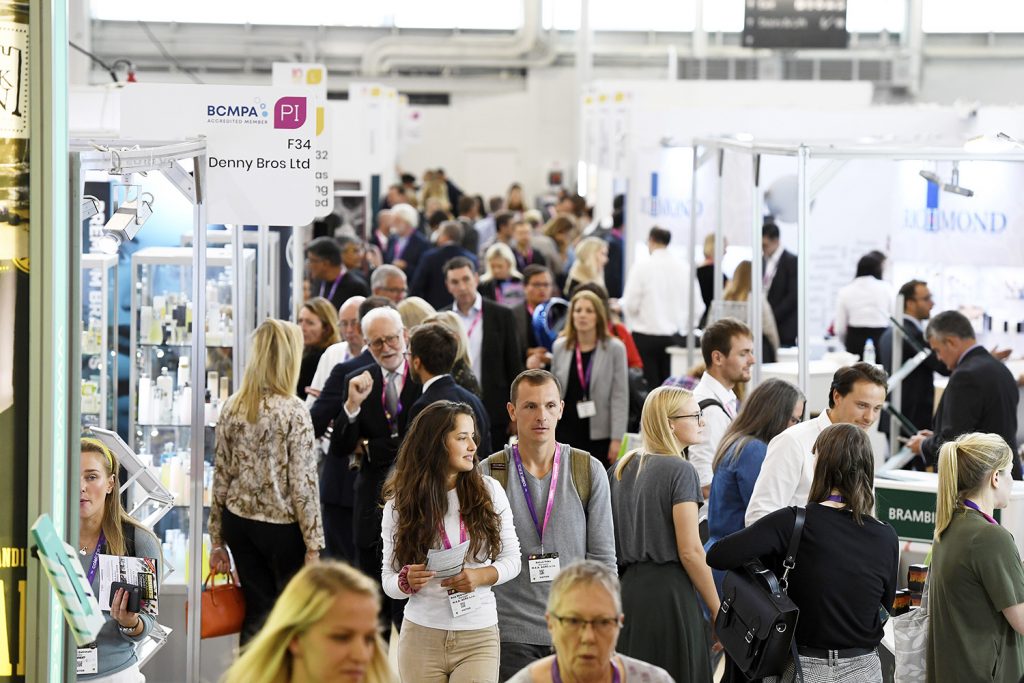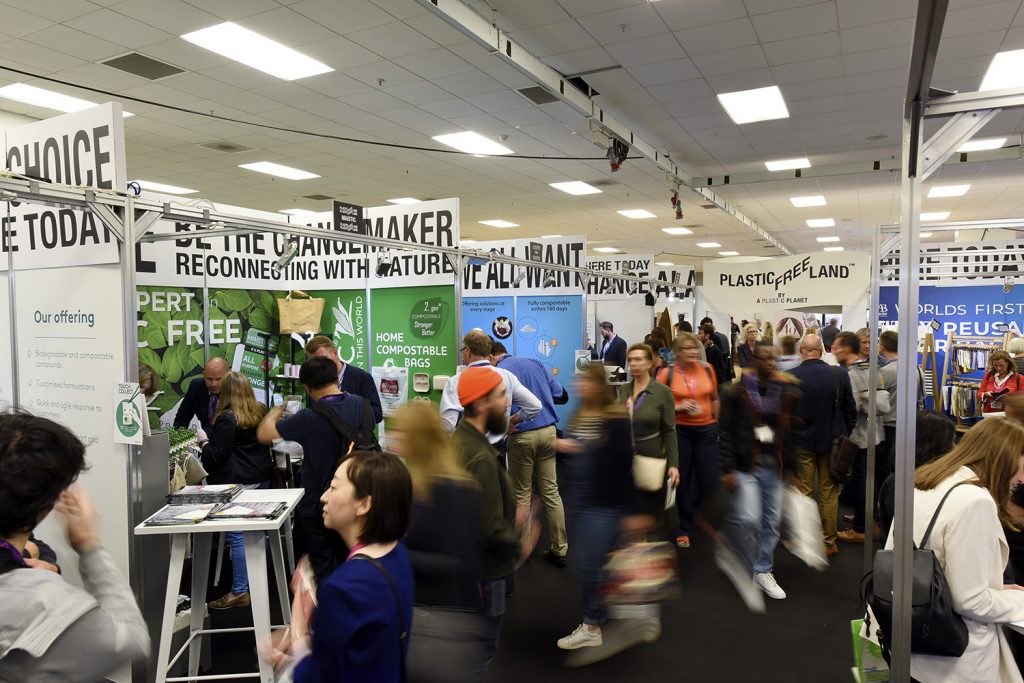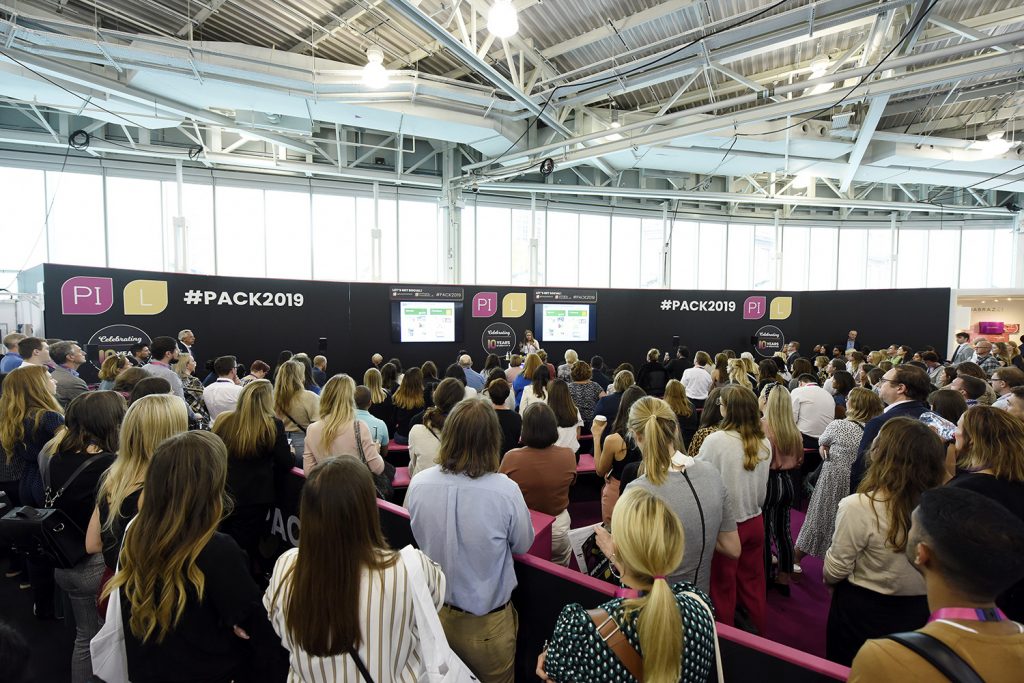Packaging Innovations 2019
I’ve been privileged to visit many trade shows in my career and packaging innovations 2019 was no different. Noting the climate emergency, ever present in today’s media, this was disappointing (but I can now understand why).
Sian Sutherland of ‘A Plastic Planet’ has successfully delivered a plasticfreeland™ area, with some exciting brands and innovative single use alternatives. Understandably this area and the great plastic debate daily forums at the show drew the biggest crowds.
Having attended both talks, it comes across that in our industry’s search for alternatives, there is separate challenge being created for another industry: the waste industry (who we also heard from at the event).

The five R’s: Refuse, reduce, reuse, recycle, rot
The danger of over complicating the solution is very real. And by doing this confuse the industry, manufacturers, buyers, small businesses & the consumer – who is already confused with the inconsistent approach to waste management across the country.
The biggest take home is that we all need to refuse and reduce how much single use plastic we use in our day to day lives.
Secondly, for the single use plastic products we do decide to buy, we refill and reuse these are many times as possible.
Lastly, we recycle and rot what we no longer need.

Utilise our existing recycling and composting infrastructure now
Following that, representatives at the trade show made some really valid points as to why we don’t need to over complicate the solution.
We already have an established recycling network infrastructure which should be being used to its full potential. Relevant items like cardboard, paper, specific plastics can be recycled in the UK, but a huge percentage of that waste isn’t actually recycled here.
A deposit return scheme for PET bottles, cans & glass should be implemented to increase the quality of recycled raw material, which would then give it a higher value. This would in turn drive demand, creating a self fulfilling loop that may enable recycled PET plastic to last longer than 7times at present?
We know that recycling a metal can uses less energy than making one from virgin material and recycled aluminium is an infinite resource – as opposed to bauxite which isn’t. I got to thinking whether we could even go as far as stipulating that all glass beer bottles are only made in a smaller number of consistent shapes/sizes. So then – just like milk and Corona bottles of old – these bottles could be reused across brands, rather than being recycled. I then got to wondering, what other product categories could the same principle apply too? Shampoo and soaps? Detergent bottles? It needn’t be exclusive to just food packaging, surely.
Compostable products have a genuine purpose in our hectic lifestyles too, particularly in certain situations that involve a controlled waste stream, such as events. Despite current concerns over infrastructure, the capability is here, now. There are over 200 composters in the UK – some of which are combined with anaerobic digesters – we just need to join the dots!

Simplification, urgency and balance
My take outs from the show are:
Packaging design and the raw materials used need to be simplified to allow them to be managed by the waste streams we have.
We urgently need these waste streams to be consistent across the UK – set out to happen by 2024.
Labelling of product packaging desperately needs simplifying and communicating to the consumer. Which is also part of the government’s plan for 2024.
Urgency is key.
Imagine if the government were to put as much urgency into helping solve the climate crisis as they are doing with other topics of current debate! With a properly informed public, the onus would then be on the consumer. To decide whether they wish to fundamentally change their lifestyle or recycle more efficiently.
It’s all about balance. Plastic – however much we wish to hate it – serves a purpose. I’m thinking we need to redress the depth to which it has entwined itself into our millennial lives.
If we don’t do this urgently, the huge public groundswell of us all wanting to make a difference, but not knowing how, will be lost. Potentially leading to consumer frustration and then to apathy, why bother!
Businesses that grasp this opportunity, won’t become the dinosaurs of the future.
